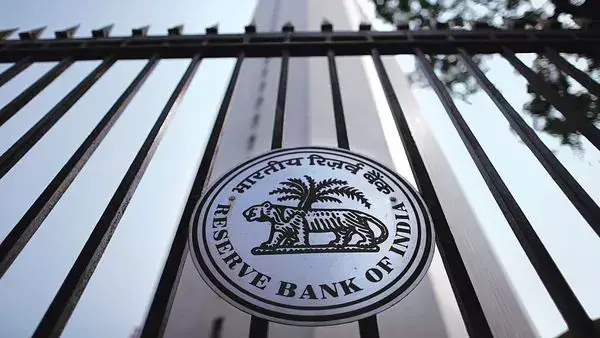
RBI fines HDFC Bank ₹75 lakh for KYC norm breach
The Reserve Bank of India (RBI) has taken a stern stance against HDFC Bank, imposing a fine of ₹75 lakh for failing to comply with Know Your Customer (KYC) norms. This penalty is a result of the bank’s improper risk classification and issuance of multiple Unique Customer Identification Codes (UCICs). The RBI’s action sends a strong message to financial institutions about the importance of regulatory compliance.
In addition to the fine imposed on HDFC Bank, the RBI has also fined Non-Banking Financial Company (NBFC) KLM Axiva Finvest ₹10 lakh for violating dividend declaration rules. These actions are a testament to the RBI’s commitment to ensuring that financial institutions adhere to the highest standards of regulatory compliance.
HDFC Bank’s KYC norm breach
HDFC Bank has been found guilty of breaching KYC norms, which are designed to prevent financial crimes such as money laundering and terrorism financing. The RBI has identified several instances of the bank’s failure to comply with these norms, including:
- Improper risk classification: HDFC Bank was found to have incorrectly classified certain customers, which could have resulted in inadequate risk assessment and monitoring.
- Issuance of multiple UCICs: The bank was discovered to have issued multiple UCICs to the same customer, which is a violation of KYC norms.
The RBI’s fine of ₹75 lakh is a significant penalty, and it serves as a warning to other financial institutions to ensure that they comply with KYC norms.
KLM Axiva Finvest’s dividend declaration rule violation
In addition to HDFC Bank, the RBI has also fined KLM Axiva Finvest ₹10 lakh for violating dividend declaration rules. KLM Axiva Finvest is an NBFC that is regulated by the RBI.
The RBI has found that KLM Axiva Finvest failed to declare dividends to its shareholders in a timely manner, which is a violation of the company’s regulatory obligations. The fine imposed on the company is a reminder that financial institutions must comply with all regulatory requirements, including dividend declaration rules.
RBI’s commitment to regulatory compliance
The RBI’s actions against HDFC Bank and KLM Axiva Finvest demonstrate the regulator’s commitment to ensuring that financial institutions comply with regulatory requirements. The RBI has repeatedly emphasized the importance of regulatory compliance, and its actions are a testament to this commitment.
In recent years, the RBI has taken several measures to strengthen regulatory compliance in the financial sector. These measures include:
- Enhancing risk management practices: The RBI has emphasized the importance of robust risk management practices in financial institutions, including the use of advanced risk assessment tools and regular risk monitoring.
- Improving governance: The RBI has emphasized the importance of effective governance in financial institutions, including the role of boards of directors and risk management committees.
- Increasing transparency: The RBI has emphasized the importance of transparency in financial institutions, including the disclosure of information to customers and shareholders.
Conclusion
The RBI’s fine of ₹75 lakh against HDFC Bank and ₹10 lakh against KLM Axiva Finvest is a significant reminder of the importance of regulatory compliance in the financial sector. Financial institutions must ensure that they comply with all regulatory requirements, including KYC norms and dividend declaration rules.
The RBI’s actions demonstrate its commitment to ensuring that financial institutions operate in a safe and sound manner, and they serve as a warning to other institutions to prioritize regulatory compliance. As the financial sector continues to evolve, it is essential that financial institutions prioritize regulatory compliance to maintain the trust and confidence of customers and investors.
Source: https://ascendants.in/industry_events/rbi-fines-hdfc-bank-kyc-violations/






